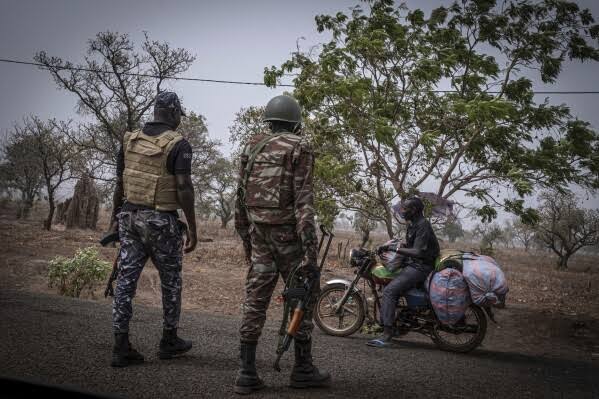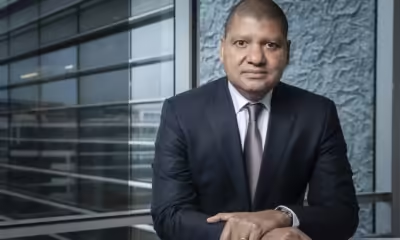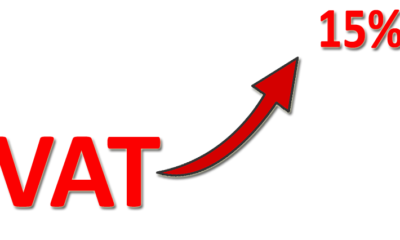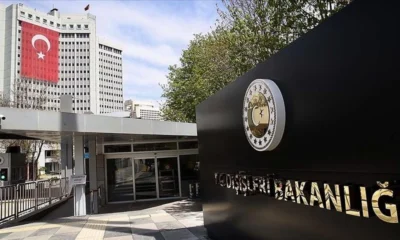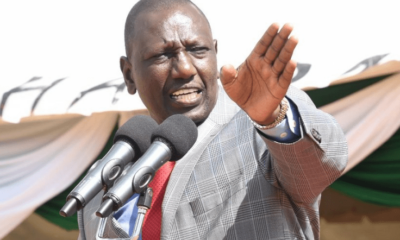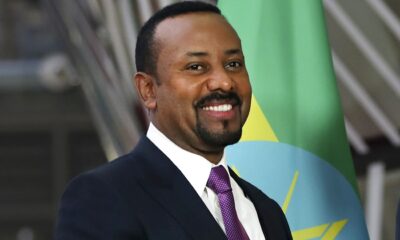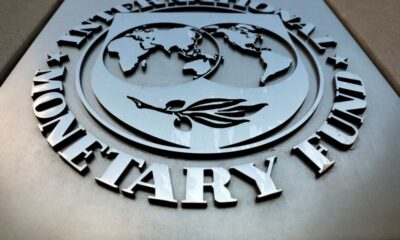Egypt’s Prime Minister, Mostafa Madbouly, has announced that the country will diversify its sources of wheat to avoid relying on what he described as “specific sources” for this product.
The minister added that the country would be using its strategic reserves until the end of 2022.
The announcement followed a ban on the export of wheat and other food staples announced by Ukraine.
Madbouly said the government is intensifying work to continue providing a strategic reserve of basic commodities, especially wheat.
“(We are) providing the financial funds required for the Ministry of Supply to quickly pay the dues of farmers who will supply the wheat crop during next April, while giving them the necessary incentives in this regard,” he added.
“The government …is closely monitoring current developments at the global level, and the turmoil it is witnessing due to the Russian-Ukrainian crisis and its repercussions … especially the shortage of a number of goods and the rise in prices worldwide.”
Last year, Russia accounted for 69.4 percent of Egypt’s wheat imports, while Ukraine accounted for 10.7 percent.
I assure all Egyptians that we won’t have any crisis at all or be compelled to buy from the international market until the end of this year. I am talking about the citizens’ basic needs concerning the bread loaf, we as the Egyptian state won’t be pressured at all to buy any shipments under the current price surges as we will have a stock that will cover our needs until the end of 2022″, said the Egyptian prime minister Mustafa Madbouly.
Egypt relies on Russia and Ukraine for the supply of wheat that is turned into bread, noodles and animal feed.
“It is true that Russia and Ukraine were our main source of wheat but we have already started to diversify our sources of wheat for imports in future deals, and that is already applied. We already buy (wheat) from various other countries. So we are always securing the diversity of our wheat sources so that they are not limited to specific countries”, promised the prime minister.
Sharp spikes in the cost of wheat could severely affect Egypt’s ability to keep bread prices at their current subsidised level.
Cabinet spokesman Nader Saad said Egypt is working on a plan to import wheat from other regions instead of Russia and Ukraine. Egypt has 14 countries approved to supply wheat, some of them outside Europe, he added.
“Egypt has a strategic stock of wheat approaching 5 million tons in silos or mills, and local wheat will join them starting from next April 15, to suffice the stock for a period of nine months,” Saad said.
Egypt is the largest importer of wheat in the world. The government expects wheat imports to decline from 5.5 million tons in 2021 to 5.3 million this year due to growth in domestic production.



